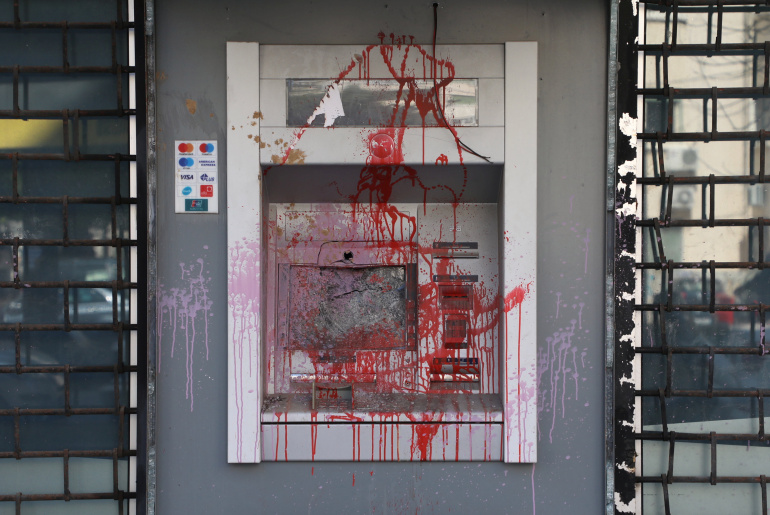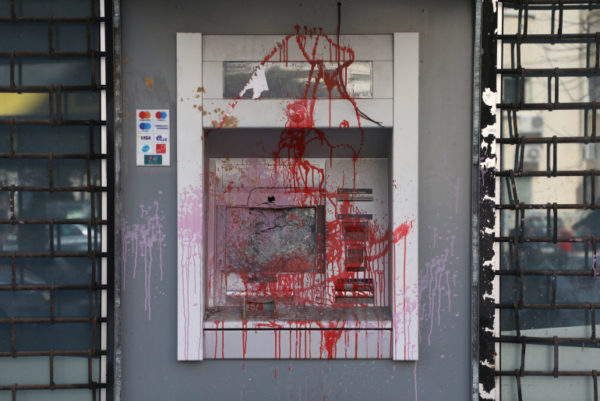By Gareth Browne

Seventy-eight per cent of Lebanon’s population is now living in poverty, according to a new report by the UN that spells out the urgent humanitarian crisis facing the country.
The study, published by the UN Office for the Co-ordination of Humanitarian Affairs (OCHA), puts Lebanon’s rate of extreme poverty on a par with Cameroon and Haiti.
It highlights a stark rise in both poverty and extreme poverty – two of the most prevalent measures of deprivation – since 2020 and calls for $378.5 million in funding for an emergency response plan to help alleviate the crisis.
“In March 2021, 78 per cent of the Lebanese population (three million people) was estimated to be in poverty,” the report said.
This is a significant increase on the 55 per cent reported to be living below the poverty line in a similar report published last year.
“The multiple crises afflicting Lebanon have led to a severe deterioration in people’s standard of living,” it said.
“Basic rights are being denied as people are unable to afford or access basic goods and services including health, food, education, electricity, water and wastewater management.”
The report also notes a drastic rise in extreme poverty, which the World Bank defines as people who are “severely deprived of basic human needs” – the most severe type of poverty.
“Extreme poverty – also known as ‘food poverty’ – increased threefold from 2019 to 2020, rising from 8 per cent to 23 per cent,” said the report.
Millions of Lebanese, plus Palestinian and Syrian refugee communities, have been affected by an economic crisis the World Bank has described as one of the worst in 150 years.
The Lebanese lira has lost more than 90 per cent of its value since October 2019, leaving essentials such as food, fuel, and water unaffordable to many.
Electricity has become scarce, unemployment is soaring and long, meandering queues at petrol stations have become a common sight across the country.
Compiled by OCHA with the help of NGOs working in the country, the report spells out an emergency plan to deal with those suffering most from the crisis, while also warning of the worsening social consequences of the country’s dire humanitarian situation.
“Intra-communal tensions within Lebanese communities have worsened due to the shortage of basic essential goods and services,” the report said.
“Tensions between host communities and refugees have similarly increased.
“Reports indicate growing forced evictions and occurrences of refugees being denied access to shops selling subsidised goods or having to pay for basic goods at increased prices.”
Last week, international donors, including France and the US, pledged $370 million in aid at a donor conference organised by French President Emmanuel Macron.
The country’s humanitarian crisis has been exacerbated by political stalemate, following the government’s resignation after the huge explosion at Beirut port last year. The blast killed 218 people, injured thousands and devastated the capital.
Lebanon could potentially unlock billions in international aid and support if it agrees to much-needed political and banking reforms.
However, this has been stymied by the stalemate among the country’s politicians, leading to an impasse in creating a new government.
THE NATIONAL


Leave a Reply
You must be logged in to post a comment.